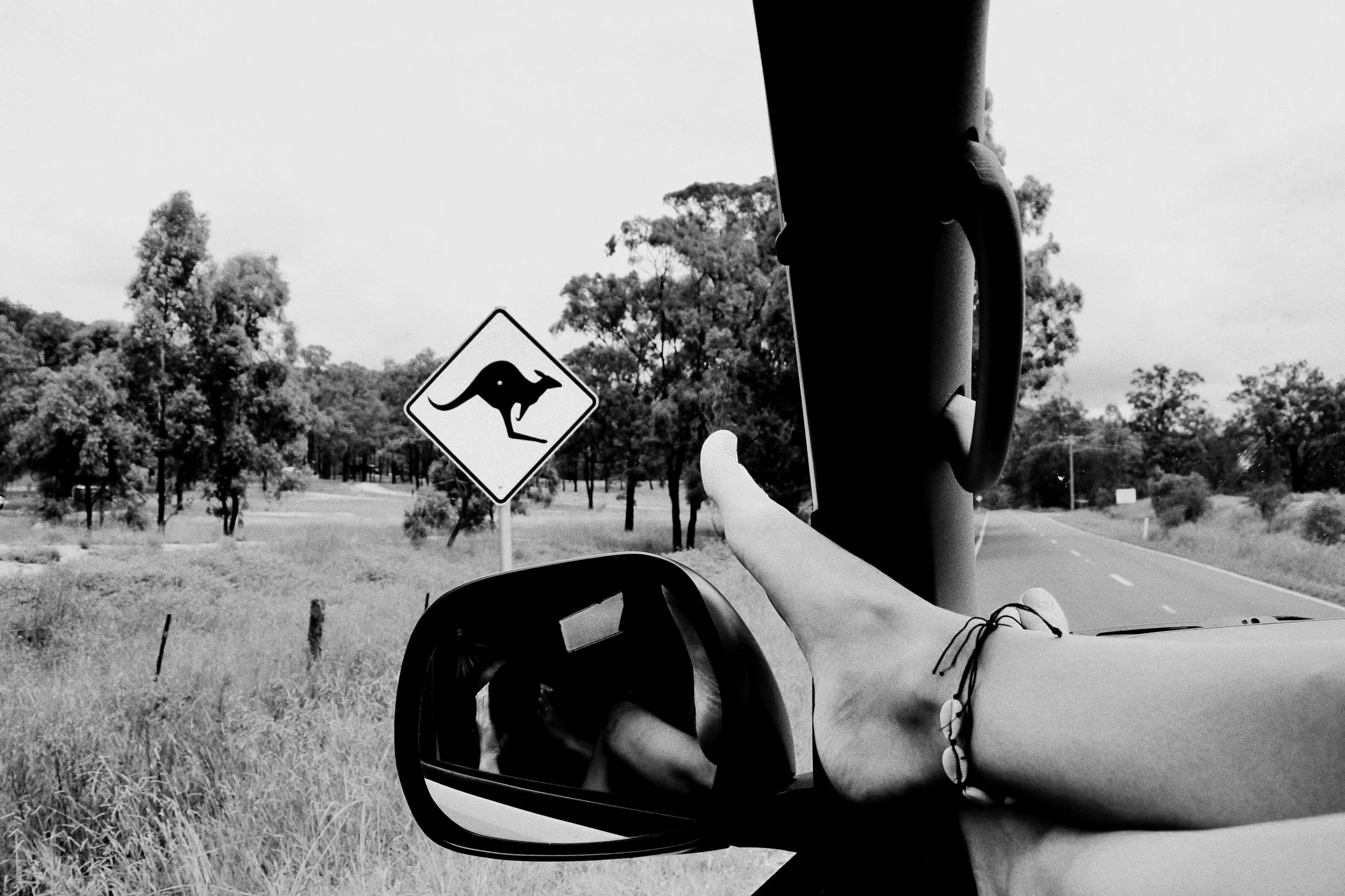Understanding Australian Slang: A Student’s Guide
Ever heard “arvo” or “brekky” and felt totally lost? Australian slang can sound like a secret code, but it’s your ticket to fitting in on campus and beyond. Students often find slang tricky to decode, especially in fast-paced uni chats. With these seven practical tips, you’ll master Aussie lingo, charm your mates, and feel right at home Down Under.
Start with Common Terms
Learn staples like “arvo” (afternoon), “brekky” (breakfast), or “uni” (university). Check Macquarie Dictionary for meanings and pronunciation. Practice daily - say “grab a coffee this arvo” to a friend. Experts suggest starting with high-frequency slang boosts comprehension fast.
Listen to Context Clues
Slang shifts by setting - “heaps” (lots) is casual, like “heaps of assignments,” but not for emails. Eavesdrop on campus convos or watch Aussie shows like Bluey. Studies show context-based learning helps you use slang naturally without sounding forced.
Ask Mates to Explain
Don’t get it? Ask a friend, “What’s ‘schooner’ mean?” (It’s a beer glass!) Aussies love sharing lingo. Join uni clubs to chat with locals. Research indicates peer explanations improve slang retention, making you a confident conversationalist.
Use Slang Sparingly
Sprinkle slang lightly - say “fair dinkum” (genuine) once, not every sentence. Overuse sounds try-hard, especially in class. Tips on ReachOut Australia suggest balancing slang with clear English, keeping you relatable yet professional.
Explore Regional Slang
Slang varies - Queenslanders say “bathers” for swimsuits, while Victorians say “togs”. Chat with students from different states or browse Macquarie Dictionary. Linguists note regional terms add authenticity to your Aussie vocab.
Practice in Social Settings
Test slang at pub trivia or BBQs - try “no worries” (you’re welcome) when helping a mate. Gauge reactions to refine usage. Studies show social practice cements slang, helping you sound like a local without effort.
Keep a Slang Journal
Jot down new terms like “bogan” (uncultured person) with examples in a notebook or app. Review weekly to build fluency. Experts say tracking slang enhances recall, turning you into an Aussie lingo pro in no time.
Australian slang is your key to connection. With common terms, context, mates’ help, sparing use, regional flair, social practice, and a journal, you’ll speak Aussie like a true blue. For more slang, visit Macquarie Dictionary. Start slanging today!
References
Macquarie Dictionary (2023) Australian English and slang definitions. Sydney: Macquarie Dictionary Publishers. Available at: https://www.macquariedictionary.com.au (Accessed: 26 July 2024).
ReachOut Australia (2023) Cultural and social skills for students. Sydney: ReachOut Australia. Available at: https://www.reachout.com (Accessed: 26 July 2024).
Burridge, K. (2010) Blooming English: Observations on the roots, cultivation and hybrids of the English language. Sydney: ABC Books.
Moore, B. (2016) Speaking our language: The story of Australian English. Melbourne: Oxford University Press.
Disclaimer
This blog contains links to external websites and platforms for informational purposes only. We are not affiliated with, endorsed by, or compensated by any of the organisations, platforms, or services mentioned. All references are provided to support students and readers in accessing useful resources.


